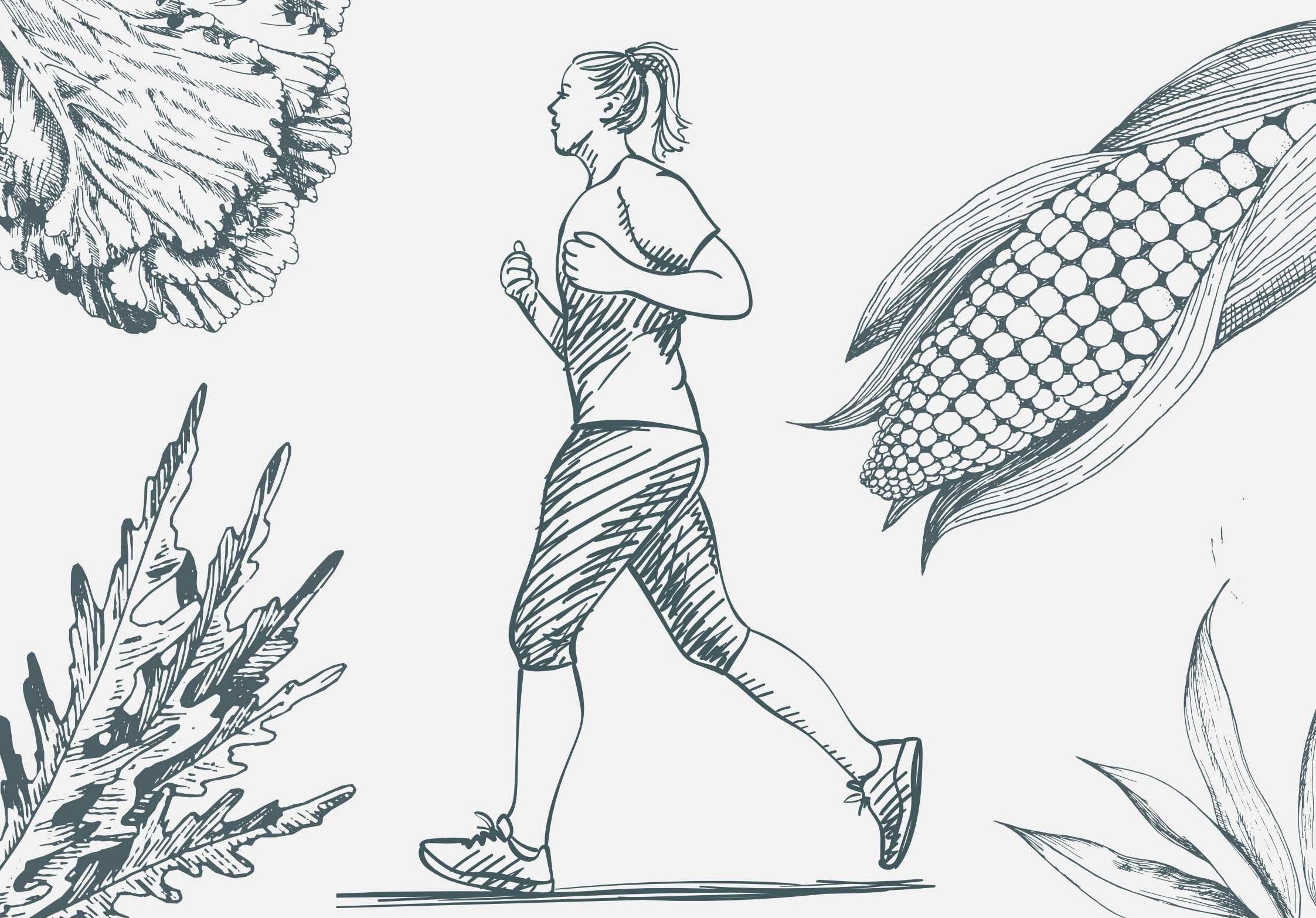3 ways to be in a calorie deficit without being on a diet
We lose weight by being in a calorie deficit – when we expend more energy than we consume through food. Most experts suggest that losing around one pound per week would require a total calorie deficit of about 3,500 calories per week, or 500 calories per day.
The common way for people looking to shift those extra pounds and be in a deficit is through dieting and eating less food. But as we all know, this is usually not an enjoyable experience. However, there are many ways for us to achieve the same calorie deficit result without having to sacrifice those tasty treats. All we have to do is increase our daily energy output, and here are three ways you can do that.
1. Exercise
Simple really, but by adding exercise to your daily routine you will burn off extra calories. If you are new to working out, then any physical activity will have benefits to your weight loss journey. Try adding in a daily walk, or join one of VMX’s low-impact classes such as Hatha yoga. If you have been working out for a while, then try increasing the intensity of your workouts by progressively overloading the weights, taking less rest, adding on 10 minutes
more or trying a high-intensity class such
as Box-Fit.
2. Increase your NEAT
NEAT stands for Non-Exercise Activity Thermogenesis, and is basically the energy expended for everything we do that isn’t sleeping, eating or working out. If you have an office job, your NEAT levels are likely to be very low. But by increasing those levels, you can put your body into a calorie deficit without dieting. Ways to increase your NEAT include walking more and taking the stairs, moving around whenever on the phone, dancing and playing with your kids or dog, or cleaning the car or house. You just need to get creative with your day and make sure you sit less.
3. Eat foods that burn calories
Believe it or not, we also expend energy when we eat, as the process of chewing and digesting food requires effort. This is known as the thermic effect of food (TEF). There are actually some foods that burn more calories than others, e.g. high protein foods such as chicken, tuna and salmon, as well as high fibre foods such as broccoli, beans and collared greens.
Disclaimer: while TEF is a primary component of your total daily energy expenditure, it is only 10% of it, and eating these foods alone won’t be enough to make a noticeable difference in your weight loss journey. But combine all three of these methods, and you are guaranteed to start seeing results without having to sacrifice any of those precious calories.


